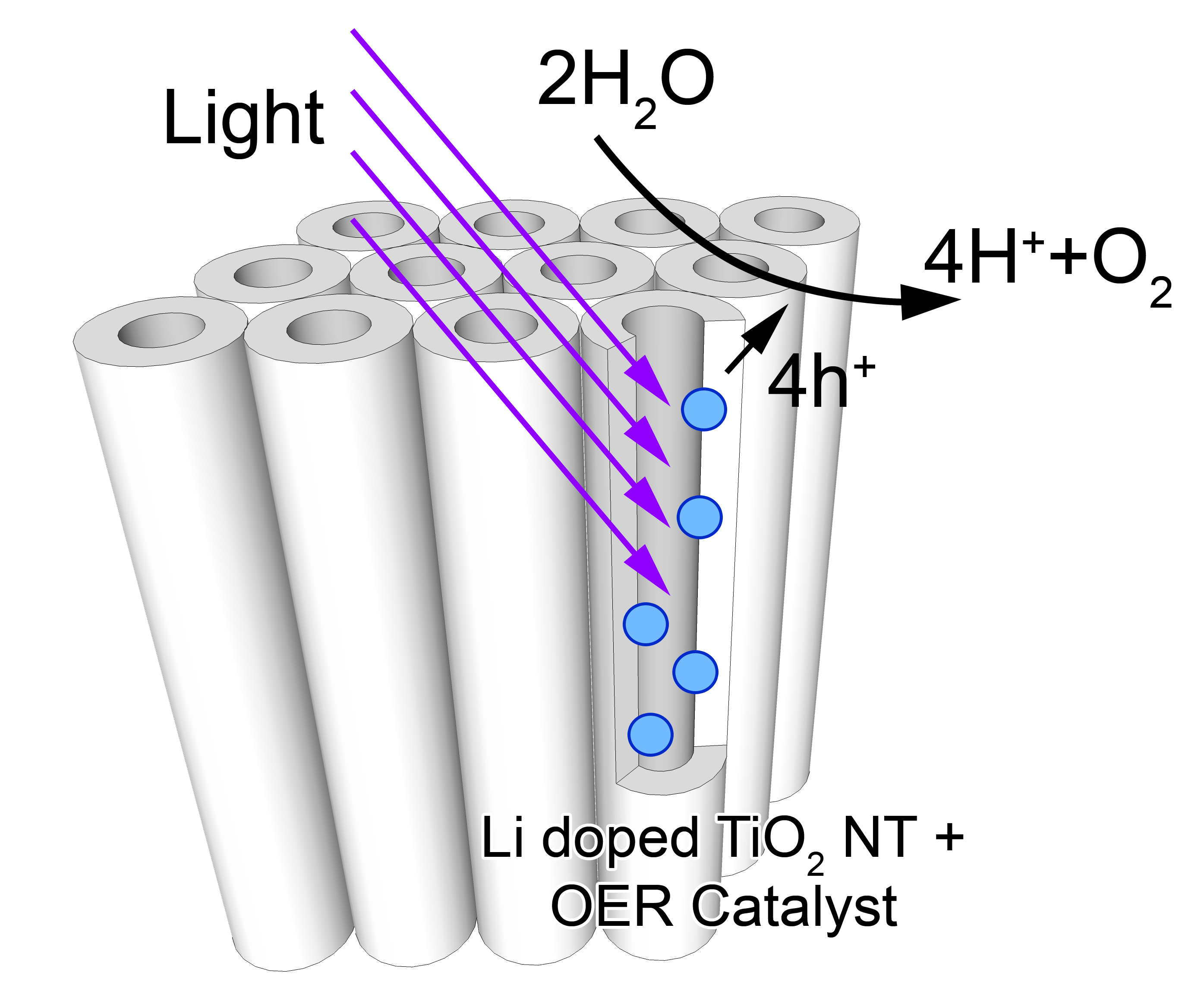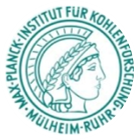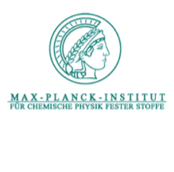Participants and Projects
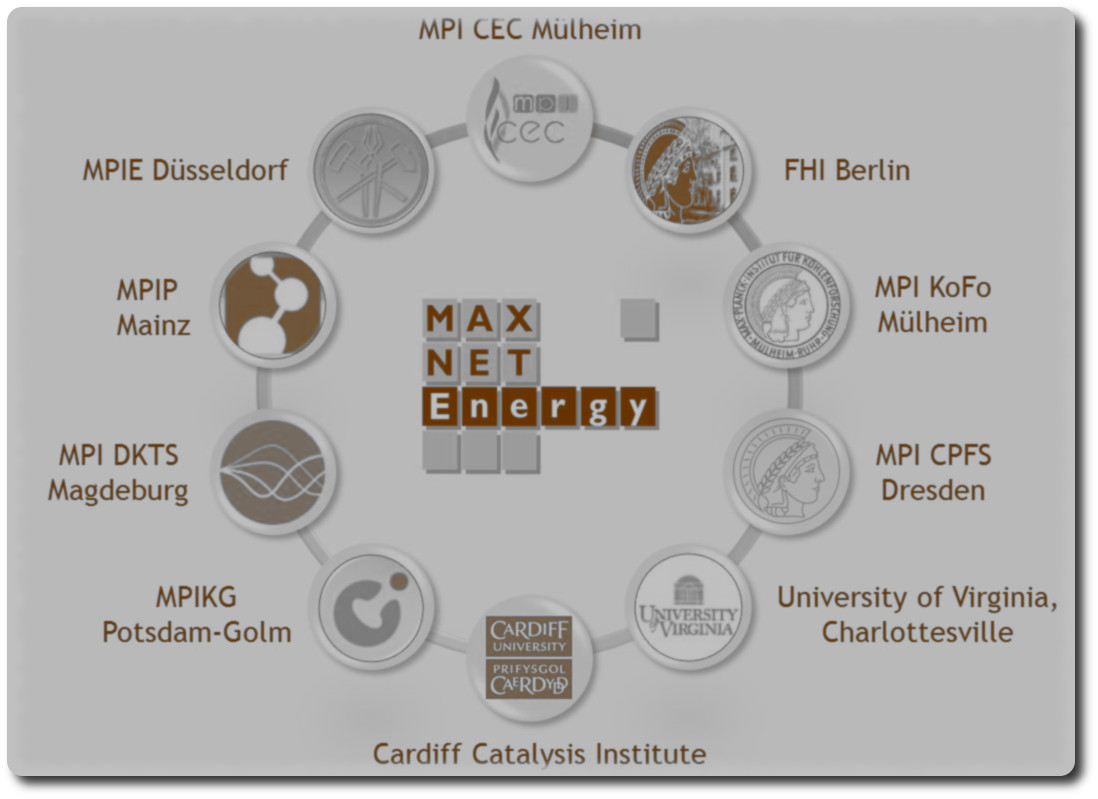 |
The MAXNET Energy Project is a research initiative of the Max Planck Society in which 8 Institutes and two external partners work on understanding the fundamental principles and finding new ways of chemical energy conversion. This ranges from research on new catalyst materials up to the application in water splitting electrolyzer test sets. Interdisciplinarity is of key importance as the problems at hand range from the chemistry of small molecules up to understanding the interplay of materials and operating conditions in technical devices. |
MPI CEC, Mülheim a.d. Ruhr
Electrode materials, electrocatalyst simulations
Electrode materials, electrocatalyst simulations
In the department of Molecular Theory and Spectroscopy at the MPI CEC in Mülheim the work is focused on investigating elementary reactions in electrocatalysis. For this purpose, state-of-the art quantum chemical methods are applied in order to assess reactions paths or to interpret spectroscopic data. Here, reactions like the oxygen reduction / evolution or catalyst degradation mechansims are of special interest.
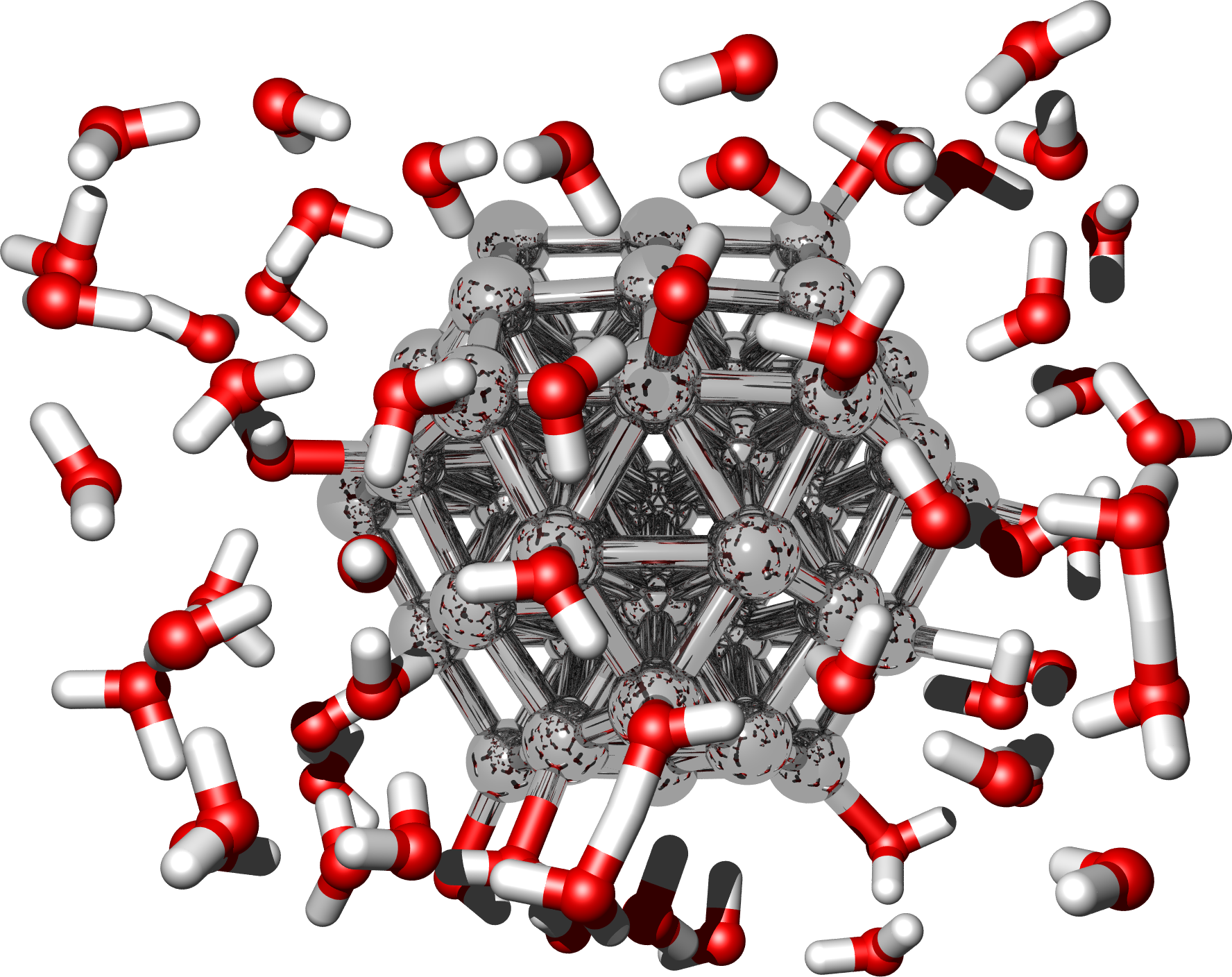
MPIE, Düsseldorf
Electrocatalysts and catalyst materials
Electrocatalysts and catalyst materials
The Interface Chemistry and Surface Engineering department (GO) at the MPIE has a long standing tradition in research on electrochemical reactions at and physical properties of surfaces and interfaces, in particular related to stability of materials, corrosion processes and corrosion protection. The focus of the GO within MaxNET is on the fundamental understanding of the decisive surface processes during oxygen reduction/evolution, metal dissolution, de-alloying, Š predominantly utilizing in-situ surface sensitive investigation techniques as a basis.
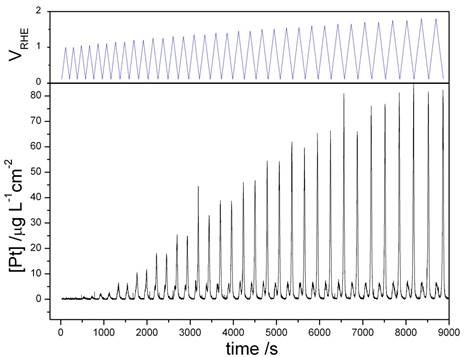
MPIP, Mainz
Molecular catalysts
Molecular catalysts
Electrocatalytic oxygen reduction reaction (ORR), hydrogen evolution reaction (HER), and oxygen evolution reaction (OER) reactions are critical processes for many renewable-energy storage and conversion devices including fuel cells, water splitting, and metal-air batteries. Despite tremendous efforts, developing oxygen electrode catalysts with high ORR/HER/OER activity and durability, preferably free of precious metals (e.g. Pt, Ru, Ir), remains a great challenge.
To overcome these challenges, we at Max Planck Institute for Polymer Research (MPIP) focus on the development of precious metal-free, well-defined molecular catalysts as well as carbon-based solid-state materials for these important electrochemical processes. The major aim of our work is to control the structures of the molecules and carbons at the atomic level to achieve high performance and to fundamentally understand the correlation between the structures of electrocatalysts and their performance.

MPI DKTS, Magdeburg
PEM Water electrolysis system analysis
PEM Water electrolysis system analysis
In the department of Process Systems Engineering at MPI DCTS in Magdeburg the main focus is on the system analysis of polymer electrolyte membrane (PEM) water electrolysis. Optimal design of technical electrodes based on novel catalyst materials supplied by project partners is one of questions which have to be answered within the system framework. In this respect, electrochemical characterizations in PEM electrolyser and specially designed half-cells will be closely combined with mathematical modeling of energy, mass and charge transport processes.
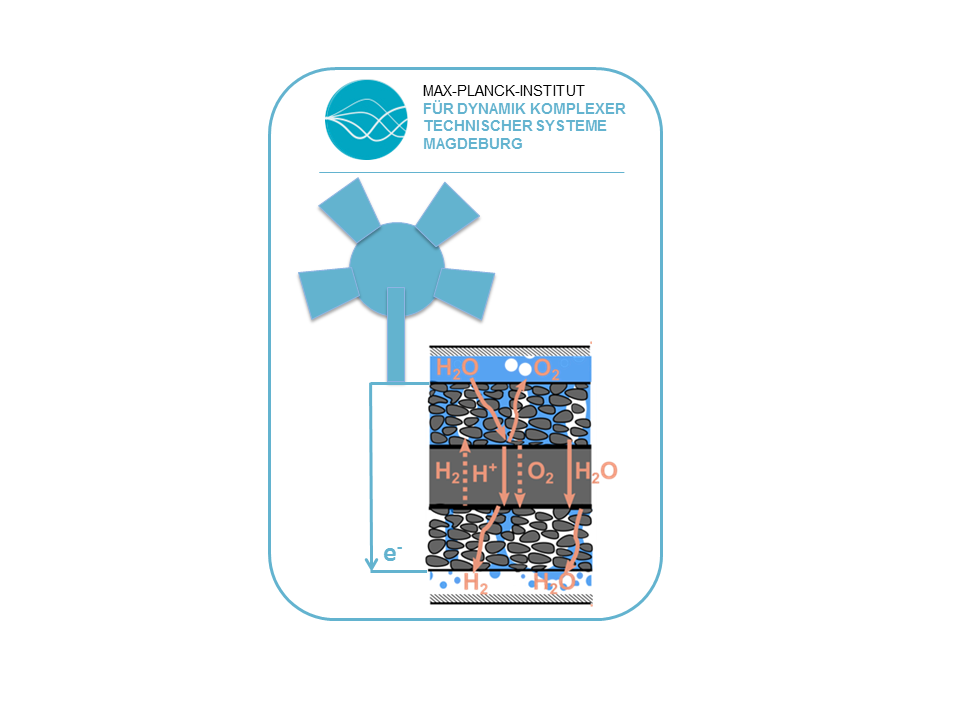
MPIKG, Potsdam-Golm
Catalysts / Electrode materials
Catalysts / Electrode materials
The Colloid Chemistry department at the Max Planck Institute of Colloids and Interfaces focusses on the synthesis and application of structure-function controlled inorganic and organic materials. Through precise control of all synthesis steps we aim to prepare materials with tailor-made properties, here for (photo)catalysis and energy storage: Porous carbons with defined doping-patterns show superior performance in the oxygen reduction reaction (ORR) and thermoelectric properties, a system simply based on carbon and nickel possess unexpected, outstanding properties in the oxygen evolution reaction (OER), and special polymers are promising as alternative binders in the final devices
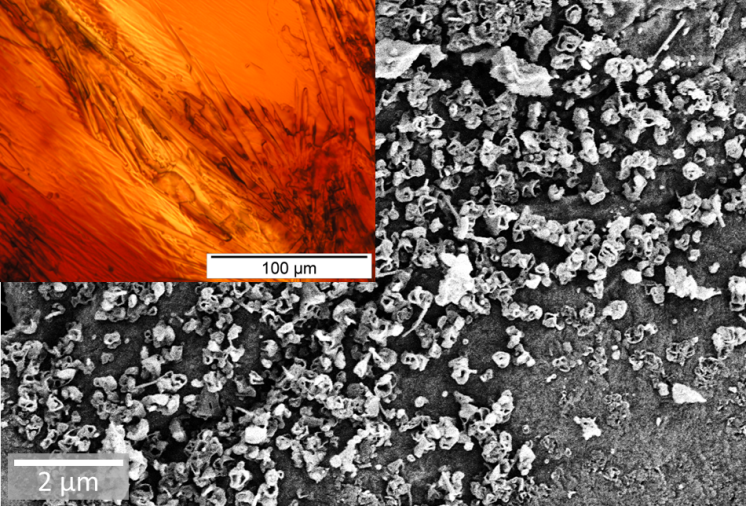
MPI KoFo, Mülheim a.d. Ruhr
Electrocatalyst materials
Electrocatalyst materials
The focus of Max Planck Institute für Kohlenforscung within the MAXNET Energy consortium is design of well-defined nanostructured materials by using the hard templating approach for electrochemical water oxidation. The main emphasis is given to composite binary and ternary transition metal oxides to develop more effective oxygen evolution catalysts based on non-precious metals.
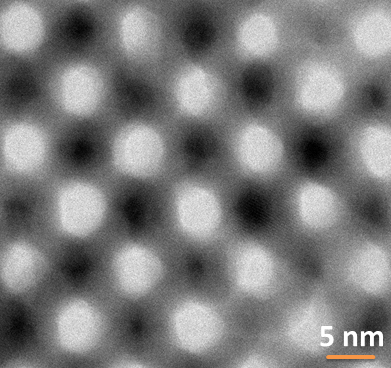
MPI CPFS, Dresden
Novel alloys for electrocatalysis
Novel alloys for electrocatalysis
The main aim of Max Planck Institute for Chemical Physics of Solids within the MAXNET Energy consortium is development of novel catalysts for electrochemical processes, e.g. water splitting reaction. Among catalyst’s variety – intermetallic compounds and (or) metallic alloys are one of the promising group of materials. Huge potential of composition, crystal and electronic structure variation with simultaneous fundamental understanding of the relationship between them give the opportunity to design and synthesize new catalysts with improved catalytic performance.
FHI, Berlin
Electrocatalysis
Electrocatalysis
The electrochemistry research group, hosted by the Department of Inorganic Chemistry of the Fritz Haber Institute, is composed of a multidisciplinary team of scientists performing experimental and fundamental research on a vast portfolio of solid state materials. The principal aim of the electrochemistry group is to study the fundamental physicochemical processes that are involved in energy storage systems for storing intermittent renewable energy.
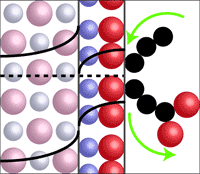
Cardiff Catalysis Institute
The Cardiff Catalysis Institute, based at Cardiff University, carry out research focused on understanding the relationship between a nanoparticles properties and catalytic activity. We work towards understanding the formation of nanoparticles, including gold-palladium alloys along with other bimetallic and trimetallic systems, and how to control the morphology and size of nanoparticles through tailored preparation methods. We utilise these catalysts for a variety of reactions including hydrocarbon activation, hydrogen peroxide synthesis, biomass conversions and photocatalytic processes.
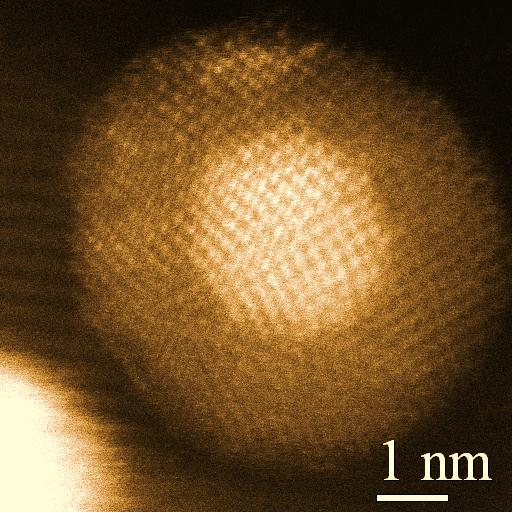
University of Virginia, Charlottesville
Researchers at the University of Virginia who are partnering with the Max Planck Society on new energy processes span the Departments of Chemical Engineering, Chemistry, Materials Science and Engineering, and Mechanical and Aerospace Engineering. Research projects under MAXNET Energy include new materials for electrocatalytic conversion of small molecules (e.g., carbon dioxide reduction), new catalysts for the transformation of light alkanes from natural gas to liquid fuels, and the development of new concepts for capture and utilization in materials processing of high value heat from solar energy systems which is traditionally lost as waste heat.
Press release: www.news.virginia.edu
Press release: www.news.virginia.edu
